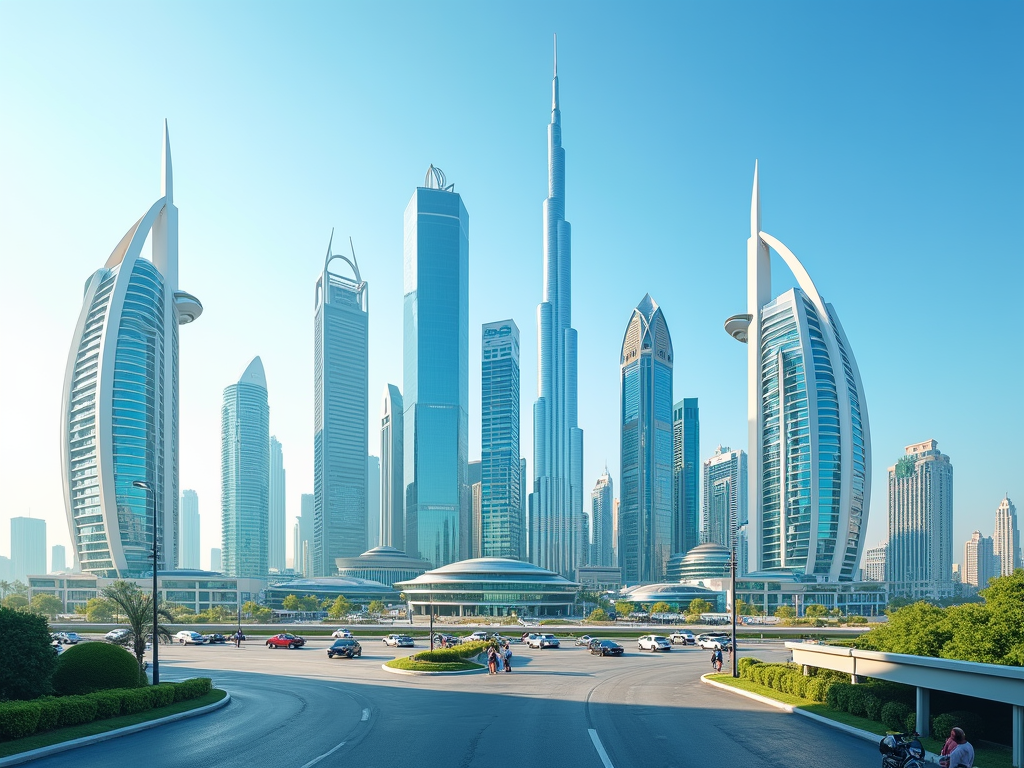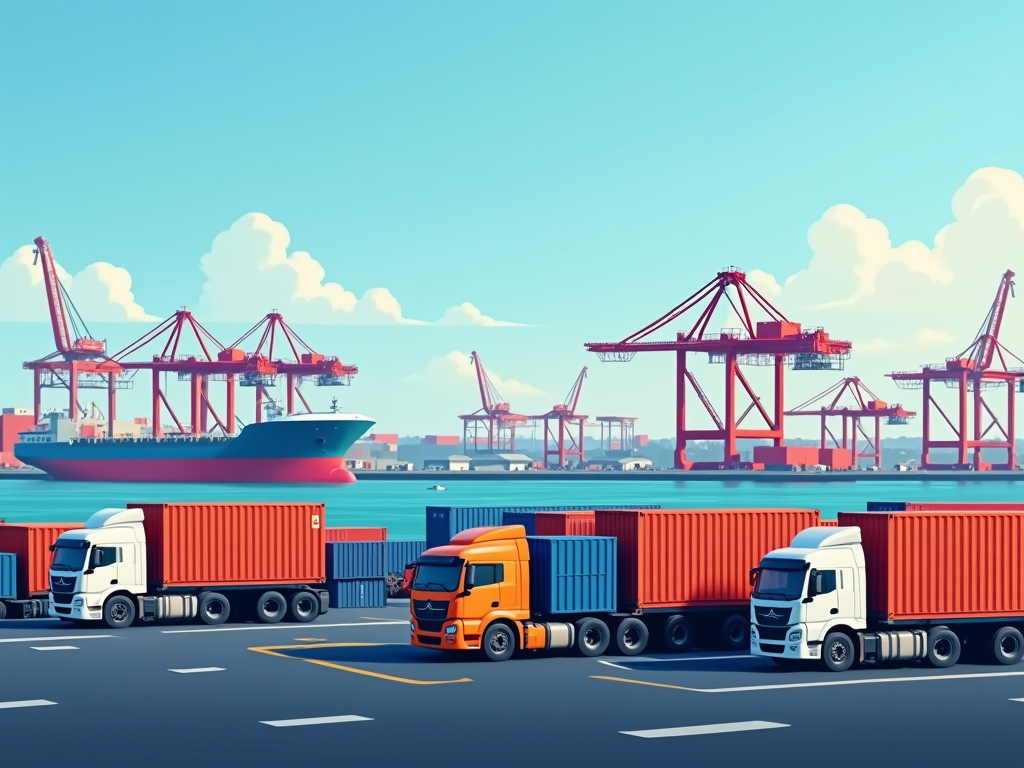
Dubai has firmly established itself as a leading global business hub, attracting entrepreneurs and multinational companies from various sectors. Its strategic location, state-of-the-art infrastructure, diverse economy, and favorable business policies play a significant role in cementing its status. As a nexus of innovation and commerce, Dubai offers unprecedented opportunities for growth and connection in today’s competitive landscape. The city’s appeal lies not only in its modernity and luxury but also in its pro-business environment that fosters international trade and investment. This article delves into the key factors that underpin Dubai’s prominence as a global business hub.
Strategic Geographical Location

One of Dubai’s most significant advantages is its geographical position at the crossroads of Europe, Asia, and Africa. This prime location translates into being within eight hours of two-thirds of the world’s population, making it a hub for trade and commerce.
The city serves as a central point for global logistics and air travel. Here are some critical aspects of Dubai’s strategic location:
- Accessibility: Dubai is home to one of the world’s busiest airports, with flights to over 240 destinations worldwide.
- Ports and Shipping: With state-of-the-art ports like Jebel Ali, Dubai facilitates easy maritime access for global shipping.
- Trade Agreements: The UAE has established free trade agreements with several countries, enhancing its accessibility to international markets.
- Time Zone Advantage: Dubai operates in a time zone that allows for real-time business collaboration with both Eastern and Western markets.
This geographical benefit allows businesses to operate efficiently on a global stage, making Dubai a preferred location for international trade.
World-Class Infrastructure

Dubai boasts an impressive infrastructure that supports various industries, including finance, tourism, and technology. The governmental focus on development has resulted in a city replete with modern facilities that enhance the business environment.
Key elements of Dubai’s infrastructure include:
- Transportation: A highly developed public transportation system, including the Dubai Metro, enhances mobility.
- Telecommunications: State-of-the-art communication networks support businesses in managing global operations seamlessly.
- Real Estate: A booming real estate market provides office and commercial spaces that meet international standards.
- Utilities: Reliable utilities and advanced technology facilitate continuous business operations.
The robust infrastructure ensures that businesses can thrive, innovate, and collaborate effectively.
Diverse Economic Landscape
Dubai’s economy is diverse, reducing dependency on oil revenues and ensuring resilience against market fluctuations. It includes vital sectors such as tourism, aviation, logistics, finance, and technology.
Some of the most prominent sectors driving Dubai’s economy are:
- Tourism: The city attracts millions of visitors annually, bolstering hospitality and entertainment sectors.
- Real Estate: Continuous urban development and mega-projects appeal to investors worldwide.
- Technology: A growing tech scene fosters innovation and startup culture.
- Finance and Trade: Dubai is considered the financial capital of the Middle East, with a thriving banking and financial services sector.
This diverse economic framework offers businesses stability, growth potential, and various entry points into the marketplace.
Dubai has implemented a series of business-friendly policies that attract foreign investments and promote entrepreneurship. These policies reflect the government’s commitment to creating a vibrant economic environment conducive to business growth.
Notable features include:
- Free Zones: Over 30 strategic free zones allow 100% foreign ownership and tax incentives.
- Mentality of Entrepreneurship: Support systems for startups and SMEs encourage innovation and self-sufficiency.
- Minimal Regulations: Streamlined processes for starting and running businesses reduce bureaucratic hurdles.
- Incentives for Investment: Attractive taxation policies and capital repatriation options appeal to investors.
These business-friendly policies, combined with a strategic vision for future economic growth, make Dubai a favorable location for investment and business operations.
Conclusion
In summary, Dubai’s rise as a global business hub is a result of its strategic location, world-class infrastructure, diverse economy, and progressive business policies. This unique combination creates an attractive landscape for both established corporations and emerging entrepreneurs. As the city continues to evolve and adapt to global trends, it remains a vital player in the international business arena, presenting endless opportunities for growth and collaboration. The future looks promising for Dubai, as it aspires to further cement its position by embracing innovation and nurturing new industries.
Frequently Asked Questions
1. What makes Dubai an attractive business hub?
Dubai’s strategic location, world-class infrastructure, diverse economy, and business-friendly policies make it an attractive hub for international business.
2. Are there tax benefits for businesses in Dubai?
Yes, Dubai offers attractive taxation policies, including no personal income tax and low corporate tax rates in free zones.
3. What sectors are thriving in Dubai’s economy?
Key sectors include tourism, real estate, aviation, technology, and finance, contributing to a diverse and resilient economy.
4. How does Dubai support startups and entrepreneurs?
Dubai provides various incentives, including free zones for 100% foreign ownership, access to funding, and support services for startups.
5. Can foreign investors own property in Dubai?
Yes, foreign investors can own property in designated areas and freehold zones, making real estate investment accessible.


